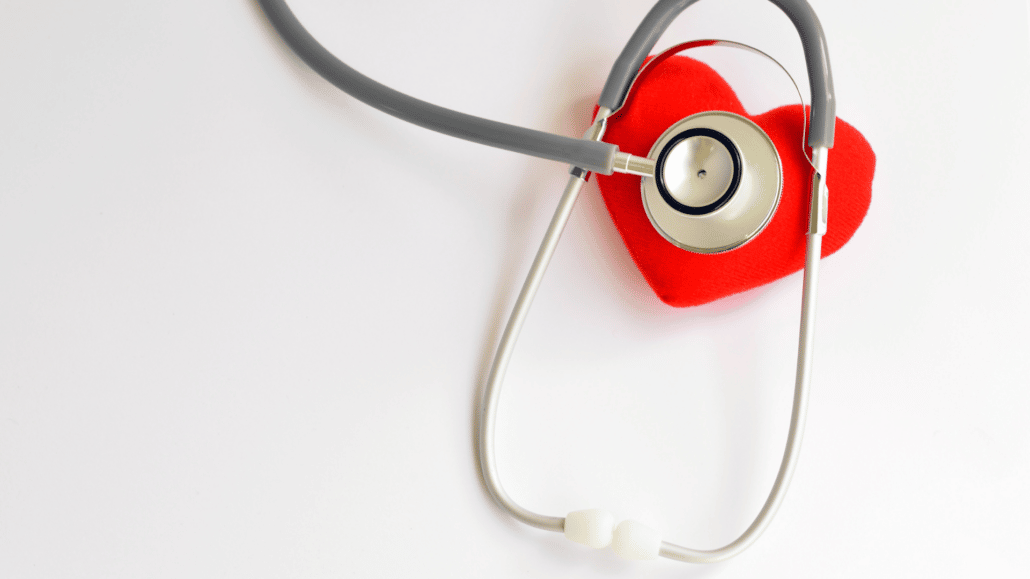
Heart disease is the leading cause of death for both men and women. However, research has shown that women may be affected differently than men when it comes to unhealthy hearts. While both genders can experience heart attacks and other cardiovascular problems, the symptoms and risk factors for women may differ from those of men.
One key difference is that women are more likely to experience atypical symptoms during a heart attack.
While men may experience chest pain and pressure, women may experience more subtle symptoms such as shortness of breath, nausea, and fatigue. This can lead to delays in seeking medical attention, which can be dangerous as heart attacks can be life-threatening.
Risk factors for heart disease can also vary between men and women. In men, common risk factors include high blood pressure, high cholesterol, and smoking. Meanwhile, women face additional risk factors such as stress and depression that may also play a role. Hormonal changes during menopause can also increase a woman’s risk of heart disease. So can certain medications such as birth control pills.
Women may also have different responses to treatment for heart disease. For example, women may not experience the same benefits from aspirin as men. Unfortunately, aspirin is commonly prescribed to prevent heart attacks. Additionally, women may have a harder time recovering from heart surgery and may have a higher risk of complications.
One of the reasons for these differences is that women’s hearts are smaller and structured differently than men’s hearts.
This can make it more difficult for doctors to diagnose heart problems in women. This may also affect how treatment is administered.
It’s important for women to be aware of their own risk factors for heart disease and to take steps to reduce those risks. This includes eating a healthy diet, getting regular exercise, and not smoking. Women should also be proactive about their heart health. They should also speak to their doctors about any concerns or questions they may have.
It’s also important for healthcare providers to be aware of the unique risks and symptoms that women may face when it comes to heart disease. This includes being aware of the atypical symptoms that women may experience during a heart attack. It also includes taking a more holistic approach to treatment that takes into account the unique needs of women.
Overall, it’s clear that women may be affected differently than men when it comes to unhealthy hearts.
Both women and healthcare providers need to be aware of these differences and to take steps to prevent and treat heart disease in women. By understanding the unique risks and symptoms that women face, we can work towards better heart health for all.
Wondering about what health coverage that you could be eligible for? Well, look no further than Healthedly. Give us a call at 855-522-2201 so our agents can give you a free quote for health insurance.







